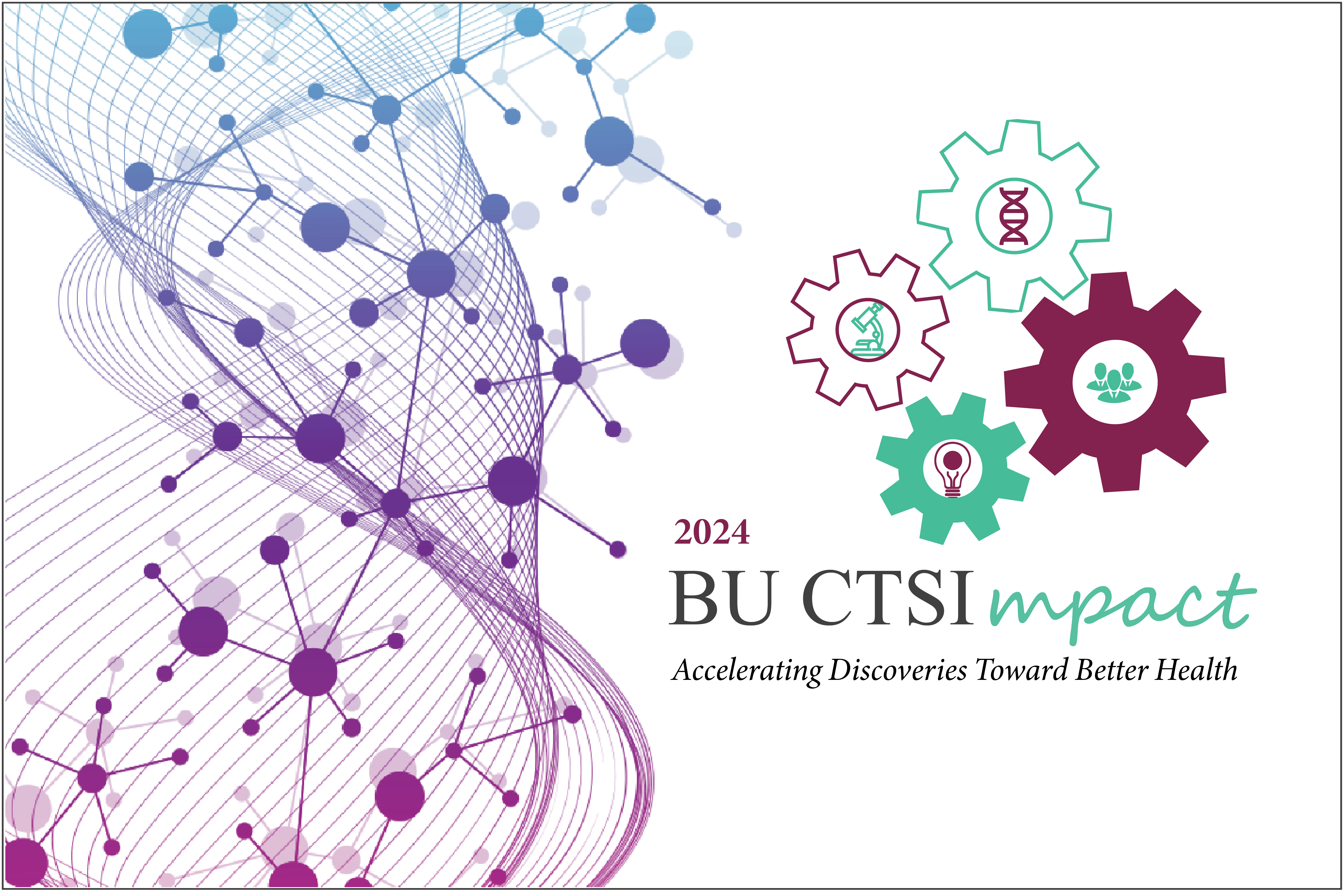What is Translational Science?
 Scientists around the world are making new discoveries and breakthroughs in understanding illness every day. But turning these discoveries into improvements in human health is a difficult process. Translational science presents tremendous opportunity for innovation to develop solutions that make the process of developing a new medicine better and more efficient. Learn more about translational science, https://ncats.nih.gov/training-education.
Scientists around the world are making new discoveries and breakthroughs in understanding illness every day. But turning these discoveries into improvements in human health is a difficult process. Translational science presents tremendous opportunity for innovation to develop solutions that make the process of developing a new medicine better and more efficient. Learn more about translational science, https://ncats.nih.gov/training-education.
- Translational science is a new field with boundless promise to transform biomedical research and medicine.
- We want everyone to know what translational science is and have an understanding of the general scientific and operational principles of translation–the process of turning observations into interventions that improve patients’ lives.
- Understanding the translational process will provide a foundation for more science-driven, predictive and effective development of treatment and prevention strategies for all diseases.
- Translational scientists are innovative and collaborative explorers searching for ways to break down barriers in the translation process and ultimately deliver more treatments to more people more quickly. Their mission is to understand the general scientific and operational principles of translation–the process of turning observations into interventions that improve patients’ lives.
- A key NCATS strategic goal is developing and fostering a highly skilled, creative and diverse translational science workforce.
What makes a successful translational scientist? Members of Translation Together, an international partnership with NCATS and other organizations to advance translational innovation, collaborated to answer this question. Their work resulted in a vision of the ideal translational scientist that encompasses seven traits. Read more about what it means to be a translational scientist.


